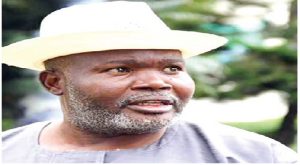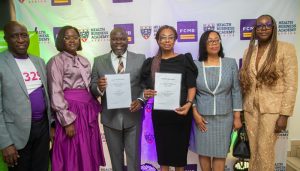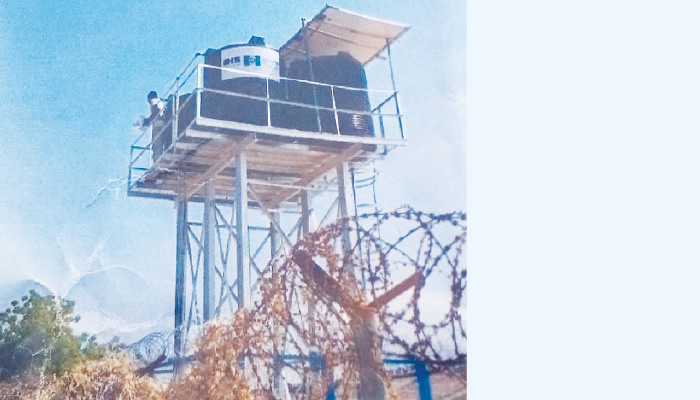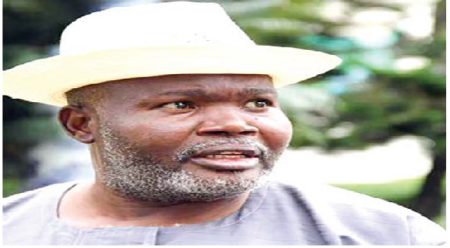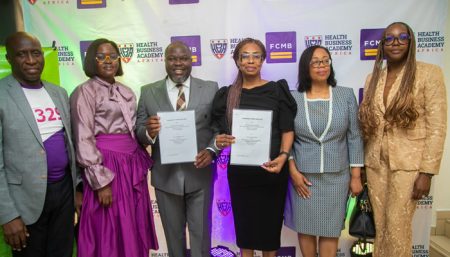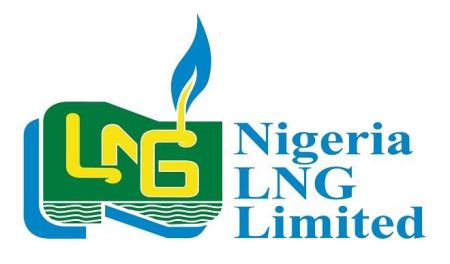The United Nations Children’s Fund (UNICEF) has taken a significant step towards alleviating the water crisis in Borno State, Nigeria, by handing over six solar-powered boreholes to the state government. This intervention comes as a response to the devastating floods of 2024, which submerged 70% of Maiduguri, the state capital, and its surrounding areas, contaminating water sources and creating a dire humanitarian situation. The project, generously funded by IHS Towers, targets 12,000 beneficiaries across Maiduguri Metropolitan Council and Jere Local Government Area, focusing on communities with the most pressing needs. The boreholes are strategically positioned to provide a sustainable supply of clean water, bolstering community resilience and mitigating the risk of waterborne diseases.
The 2024 floods in Borno State had a catastrophic impact on the region, displacing families, disrupting livelihoods, and severely compromising access to essential services like water, sanitation, and hygiene (WASH). The inundation of water sources led to widespread contamination, creating a breeding ground for diseases like cholera, particularly in overcrowded temporary displacement sites where sanitation facilities were overwhelmed or nonexistent. Children, women, and the elderly were especially vulnerable to these health risks. The urgency of the situation called for a swift and effective response to restore safe water access and prevent a further escalation of the humanitarian crisis.
UNICEF, recognizing the critical need for clean water in the affected communities, partnered with the Borno State Rural Water Supply and Sanitation Agency (RUWASSA) and IHS Towers to implement this vital intervention. The project prioritized the installation of solar-powered boreholes, ensuring a sustainable and environmentally friendly water supply. The use of solar energy not only minimizes operational costs but also reduces the reliance on fossil fuels, contributing to a cleaner environment. This approach aligns with global efforts to promote sustainable development and combat climate change.
The six solar-powered boreholes have been strategically located in communities within Maiduguri Metropolitan Council and Jere Local Government Area that were hardest hit by the floods and experienced the most significant disruption to their water supply. The beneficiary communities include Fori, Bulabulin, Shehuri North, Kusheri, Shetimari New GRA, and Goungolong. These areas represent a cross-section of the affected population, ensuring that the intervention reaches those most in need. The project’s focus on strategic placement maximizes its impact and contributes to a more equitable distribution of essential resources.
Each borehole has the capacity to produce 22,000 liters of clean water per day, collectively serving nearly 12,000 people. This consistent and reliable water source will not only meet the immediate needs of the communities but also contribute to long-term health and well-being. The provision of clean water is crucial for preventing waterborne diseases, improving sanitation, and supporting the recovery of these flood-affected communities. The project also prioritizes access for vulnerable groups, including children, mothers in health centers, and families rebuilding their lives after displacement. Additionally, the boreholes will provide water to schools, promoting hygiene and creating a healthier learning environment for children.
The success of this project underscores the importance of collaboration and partnership in addressing complex humanitarian challenges. UNICEF acknowledged the significant contributions of the Borno State government, community stakeholders, and IHS Towers in the planning and implementation of the borehole project. The Borno State government played a crucial role in facilitating the project and ensuring its alignment with local needs and priorities. Community involvement ensured that the project was community-driven and reflected the specific requirements of each beneficiary community. The generous funding from IHS Towers demonstrates the critical role of private sector partnerships in supporting humanitarian interventions. This collaborative approach ensured the project’s effectiveness and sustainability, ultimately contributing to the long-term recovery and resilience of the flood-affected communities in Borno State.



